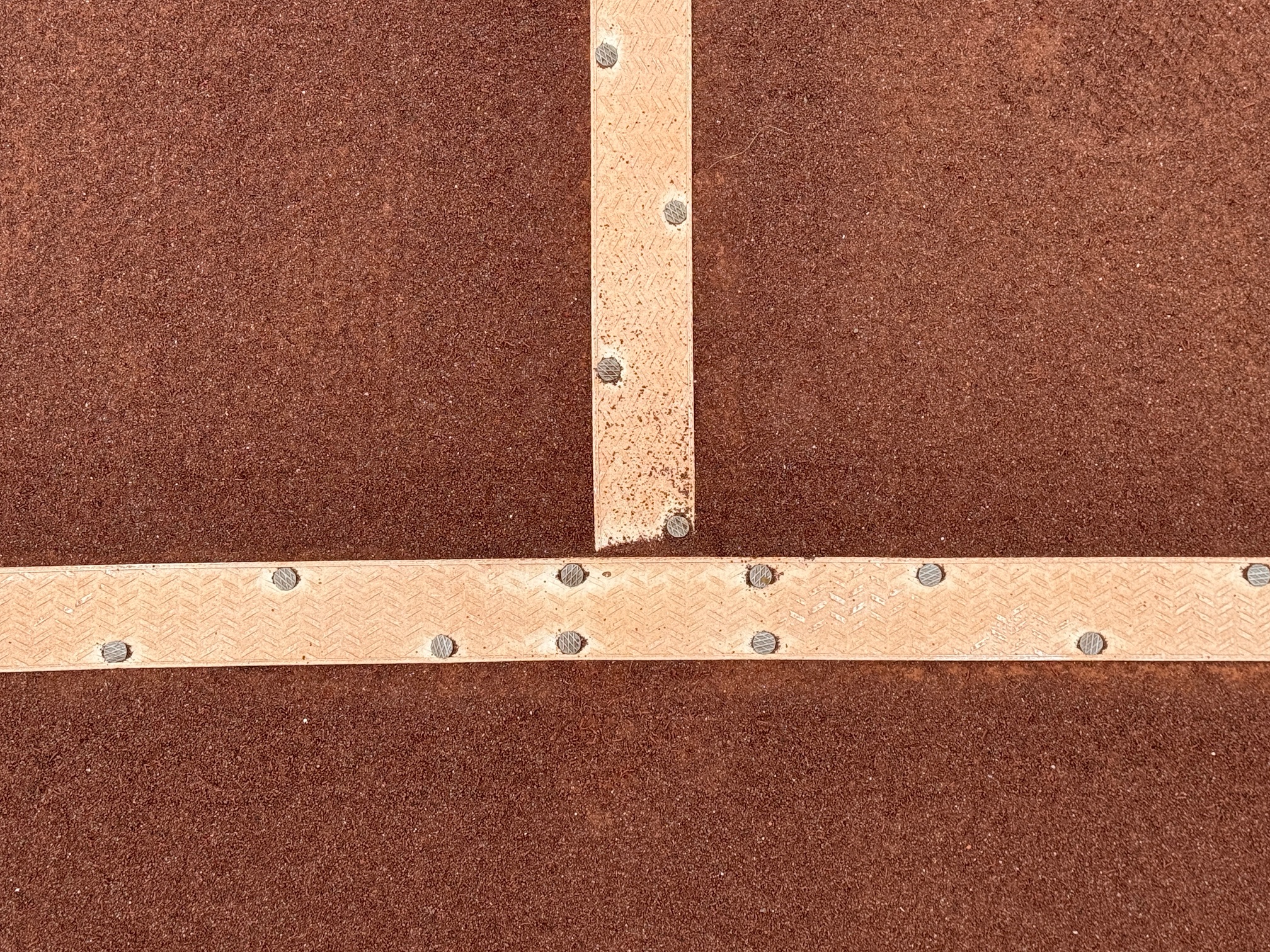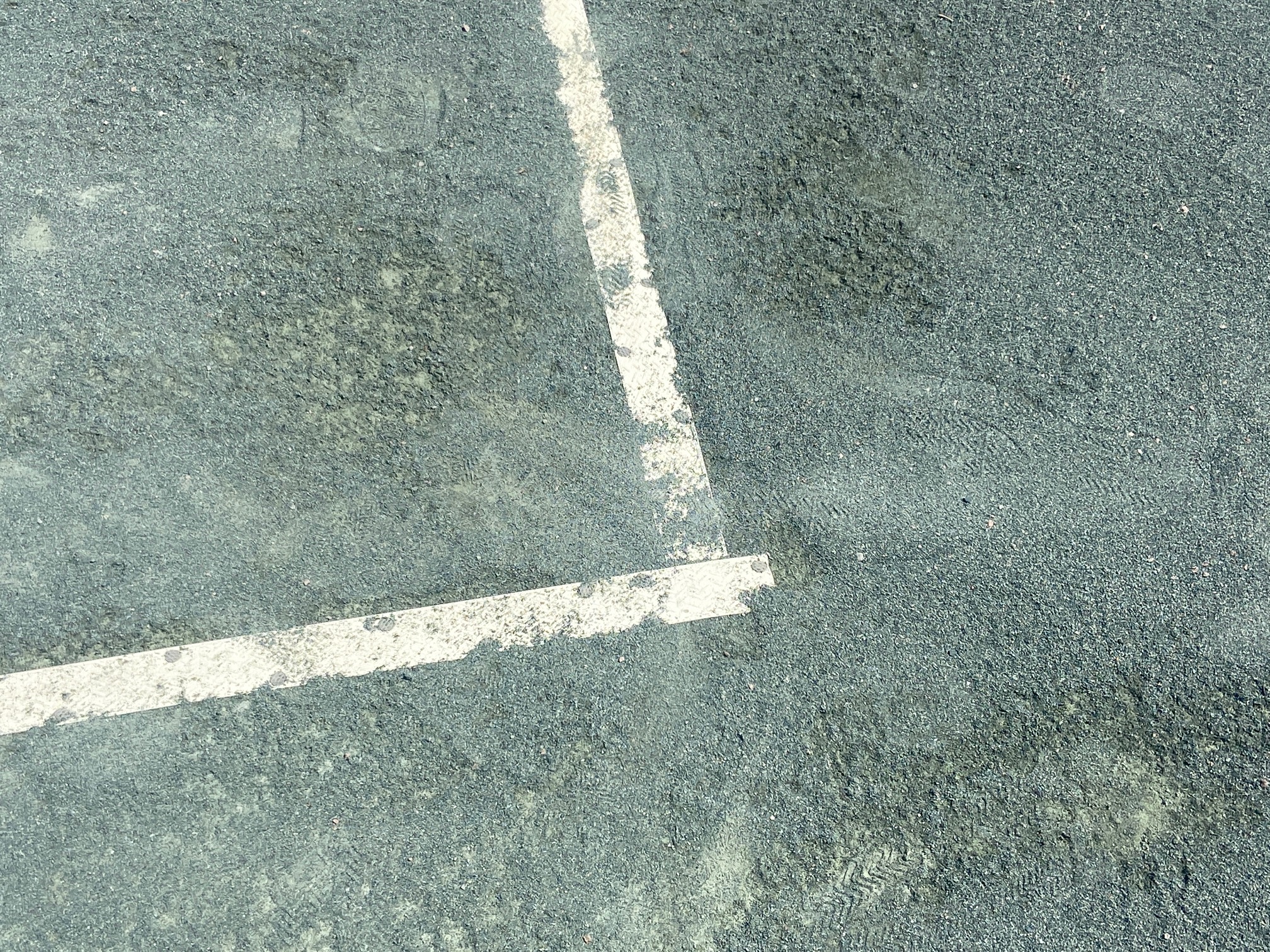Prohibiting tennis players with “appealed” ratings from post-season play was one of the ideas discussed on the Second Serve Tennis Podcast episode that I have been ruminating on this weekend. The fundamental challenge with that idea is that the USTA appeal system is very complex and nuanced. I believe that the vast majority of appeals are granted for legitimate and valid reasons.
For the sake of transparency, I have never pressed the USTA’s automatic appeal button or filed for an appeal that required manual adjudication. Doing so would be contrary to my personal ethos of being the best tennis player I can be. However, I would not rule it out in the future should a medical reason emerge.
Based on discussion during the Second Serve Tennis Podcast episode, the primary focus was players who have been granted an automatic appeal. The current implementation is simply pressing a button on their USTA profile page. I am ambivalent about automatic appeals.
The USTA NTRP algorithm works on statistics and variance calculations. My understanding is that players who are granted an automatic appeal are within the standard error range. By allowing automatic appeals, the USTA is essentially acknowledging the fact that NTRP calculations have a margin of error. It is probably more mathematically honest than pretending that the dividing line isn’t a little fuzzy.
USTA League Regulation 2.07 stipulates that players whose NTRP promotion was achieved at Nationals are not eligible for automatic appeal. Based on the specific instances of players from National qualifying teams that have tried and failed at automatic appeal, I suspect that the actual criteria in practice is simply to have played at Nationals.
It is important to remember that appealed ratings are not a one-way street in the downward direction. I am aware of a few players who have appealed their computer ratings UP a level. Many leagues have rules that prohibit players from playing up more than a half level. So a person might appeal up from 3.0 to 3.5 to participate on a 4.0 team. Some leagues require at least 50% of a team’s roster to be “at level.” In places with low participation, one player appealing up can bring a whole team to eligibility. (Talk about taking one for the team!)
The USTA regulations impose some penalties for players with appealed ratings. The most significant one is that they are subject to dynamic disqualification, something that is not a risk with a computer rating. Additionally, USTA League regulations currently require players with appealed ratings to participate in more matches during the league season than those with valid computer ratings.
Players are granted ratings appeals because their computer rating was within the standard error, they have a validated medical justification, or they have reached an age criteria where performance typically declines. I believe that the exposure to dynamic disqualification is enough of a deterrent for people who might consider an appeal for nefarious purposes.
Sandbagging is intentionally concealing skill to gain competitive advantage. People with appealed ratings don’t fit that definition because they aren’t concealing anything. The idea that they should be uniformly prohibited from post-season play just doesn’t resonate with me.
- Our Solution to Sandbagging, Second Serve Tennis Podcast, Episode 125, August 17, 2022.
- USTA League Regulations, 2022, downloaded February 5, 2022.




Specific to medical appeals, what if this type of appeal is no longer allowed? If a player has a medical issue that hinders their level of play, shouldn’t the normal ratings algorithm adjust them down at year-end based on actual match results? Why allow medical exemptions at all?
I think that medical appeals were put into place for catastrophic medical events that might preclude meaningful competition at the previous level. Players might not have an opportunity to play themselves back down. This is another topic that probably warrants a full post.